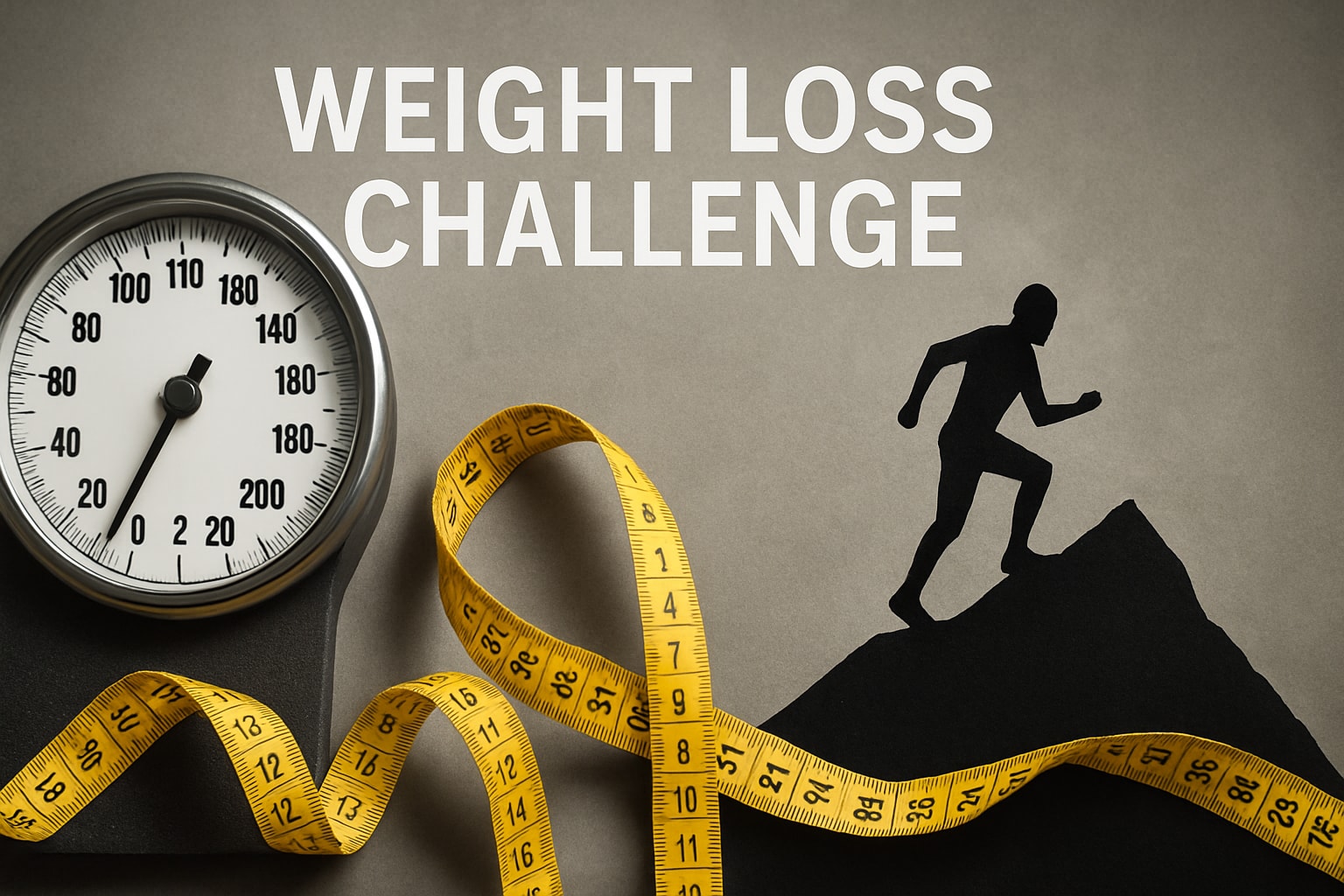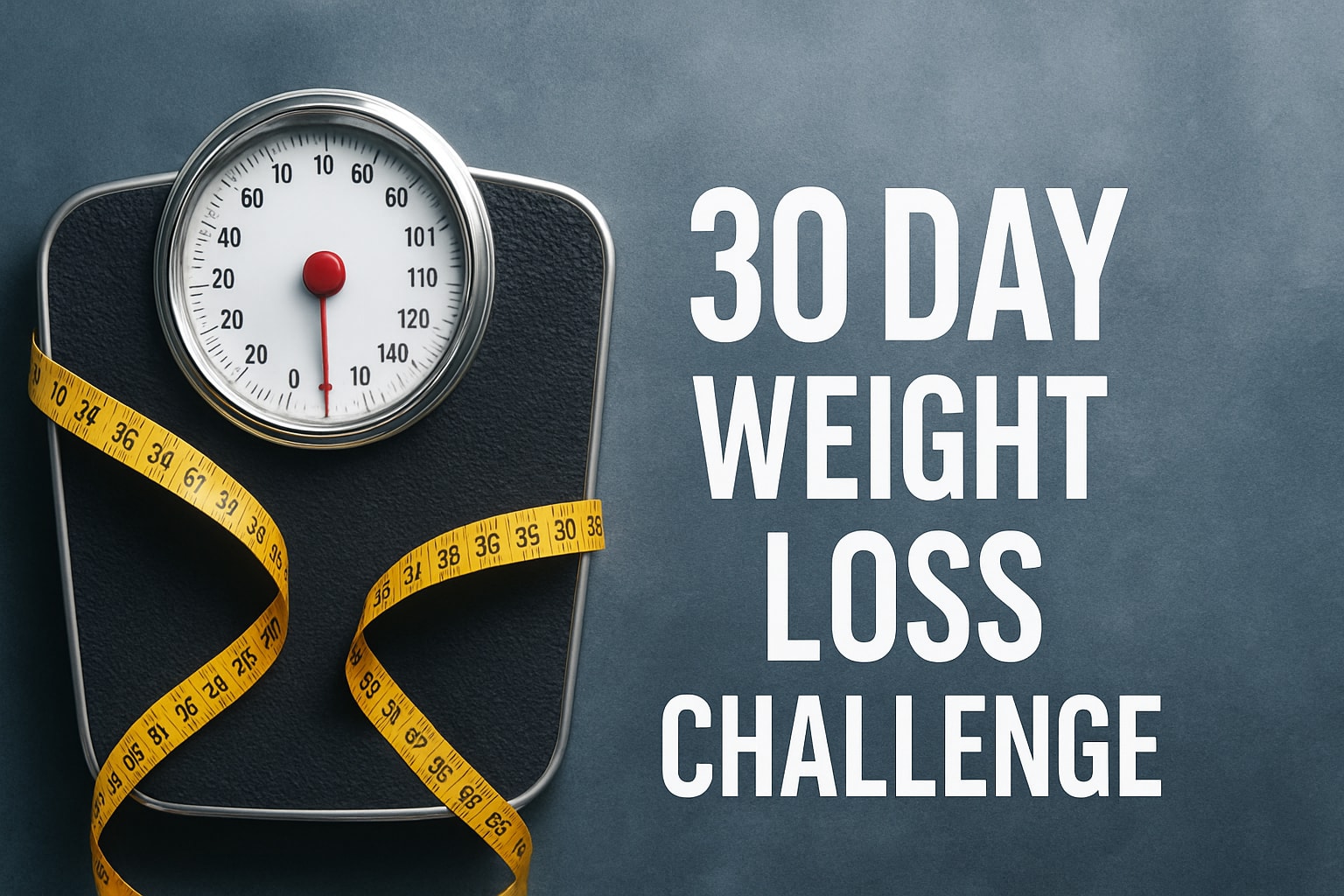When searching for effective ways to shed extra pounds, many people come across the term “Wellbutrin weight loss.” Wellbutrin (generic name: bupropion) is an antidepressant that, in some cases, has been associated with weight reduction. This potential “side effect” has made it a topic of interest for those struggling with obesity or unhealthy eating habits.
But can Wellbutrin truly be considered a reliable weight loss method? And how does it compare to innovative, drug-free programs like Oneleaf Health that are specifically designed for weight management? Let’s break down the science, the risks, and the better long-term options.
What Is Wellbutrin?
Wellbutrin is an atypical antidepressant that works by influencing dopamine and norepinephrine levels in the brain. It’s commonly prescribed for:
- Major depressive disorder (MDD)
- Seasonal affective disorder (SAD)
- Smoking cessation (under the name Zyban)
While some users report Wellbutrin weight loss, this is not the primary intended effect of the drug. The medication was never developed to be a weight loss solution.
Does Wellbutrin Cause Weight Loss?
Clinical Evidence
Several studies have observed weight changes among Wellbutrin users:
- In long-term clinical trials, 23% of patients lost more than 5 lbs, while about 11% actually gained weight.
- A meta-analysis published in Diabetology & Metabolic Syndrome found that bupropion was associated with a mean weight reduction of –3.67 kg, as well as a decrease in waist circumference.
- A 2001 study on overweight women showed that participants who responded to bupropion lost up to 12.9% of their body weight over 24 weeks.
Mechanism Behind Weight Loss
Researchers believe the weight loss effect is tied to:
- Appetite suppression through dopamine/norepinephrine regulation
- Increased energy expenditure by stimulating the central nervous system
- Reduced cravings (especially in smoking cessation studies)
Real-World Results
Despite these findings, Wellbutrin weight loss is highly variable:
- Some people lose moderate weight
- Some see no change
- Others even gain weight over time
This unpredictability makes it a risky or unreliable choice for those seeking weight management.
Risks of Using Wellbutrin for Weight Loss
While the possibility of losing weight sounds appealing, Wellbutrin comes with risks:
- It’s off-label for weight loss – Doctors don’t prescribe it solely to lose weight.
- Side effects – Common ones include insomnia, anxiety, dry mouth, nausea, and headaches.
- Seizure risk – At higher doses, Wellbutrin increases the likelihood of seizures, particularly in people with eating disorders.
- Not sustainable – Any weight loss may reverse once the medication is stopped.
This is where comparing Wellbutrin weight loss with Oneleaf Health becomes crucial.
Wellbutrin Weight Loss vs. Oneleaf Health
FactorWellbutrin Weight LossOneleaf HealthPurposeAntidepressant; weight loss is a side effectNeuroscience-based program designed specifically for weight lossMethodAlters brain chemistry with medicationRewires brain patterns with guided self-hypnosis sessionsPredictabilityHighly variable, not guaranteedStructured, personalized for consistent outcomesSide EffectsAnxiety, insomnia, seizure risk100% drug-free, no side effectsSustainabilityResults may fade when stoppedBuilds long-term healthy habits
What Is Oneleaf Health?
Oneleaf Health is a neuroscience-based weight loss program that uses guided self-hypnosis and habit retraining to help people change their relationship with food.
How It Works
- Daily audio sessions (15–25 minutes)
- Based on neuroplasticity research to rewire food-related thought patterns
- Targets emotional eating, cravings, and stress triggers
- Creates lasting behavioral change without medication, diets, or restrictions
Unlike Wellbutrin weight loss, which is unpredictable, Oneleaf provides a clear, structured path designed entirely for weight loss success.
Why Many Prefer Oneleaf Health
Here’s why people are turning to Oneleaf Health instead of chasing Wellbutrin weight loss:
- Drug-free solution – No side effects or medical risks
- Dedicated for weight loss – Not an incidental benefit like Wellbutrin
- Backed by neuroscience – Sessions are built on brain plasticity and habit formation science
- Convenient – Just a few minutes per day, from your phone
- Long-term results – Focuses on lasting lifestyle changes
Realistic Expectations
- With Wellbutrin weight loss, you might lose a few pounds, but there’s no guarantee and the results often plateau.
- With Oneleaf Health, the program is designed to help you retrain your brain, address emotional eating, and achieve sustainable weight control.

Who Should Consider Each Option?
- Wellbutrin – Suitable for people with depression or smoking cessation needs, where weight loss may be a bonus effect. Not recommended as a primary weight loss strategy.
- Oneleaf Health – Best for individuals whose main goal is weight management without relying on medication.
FAQs About Wellbutrin Weight Loss
Does Wellbutrin always cause weight loss?
No. Some users lose weight, but many do not. A small percentage even experience weight gain.
How much weight can you lose on Wellbutrin?
Studies suggest 5–10 lbs on average over 6 months, though some lose more.
Is Wellbutrin approved for weight loss?
No. It is FDA-approved for depression and smoking cessation. Weight loss is a side effect, not an official indication.
How does Oneleaf Health compare?
Unlike Wellbutrin weight loss, Oneleaf Health was created specifically to help people lose weight by retraining the brain. It’s safe, structured, and drug-free.
Final Thoughts
While Wellbutrin weight loss is a real phenomenon for some, it is unpredictable, modest, and comes with medical risks. At best, it may provide small short-term results.
For anyone seeking a safe, drug-free, and neuroscience-based solution, Oneleaf Health is a superior alternative. By targeting the root causes of cravings and overeating, Oneleaf empowers you to achieve weight loss that lasts—without the risks of relying on medication side effects.
👉 If you’ve been considering Wellbutrin weight loss, it might be time to try a program designed for exactly that purpose: Oneleaf Health.
















